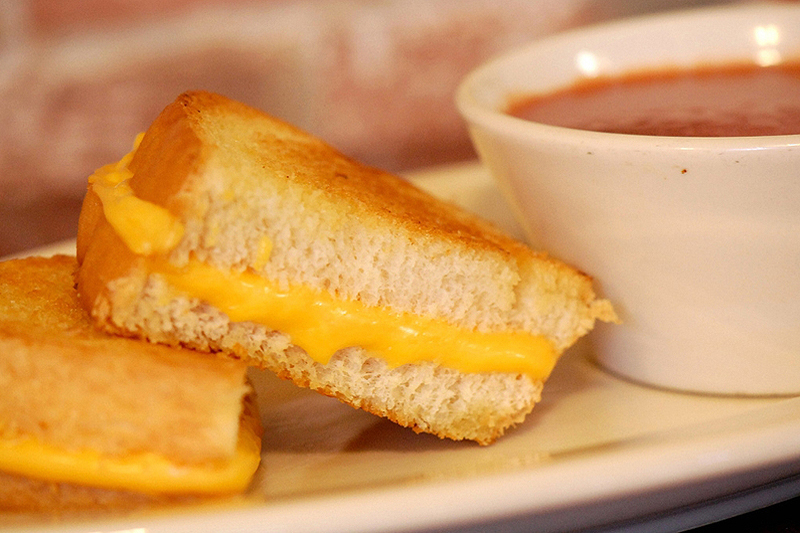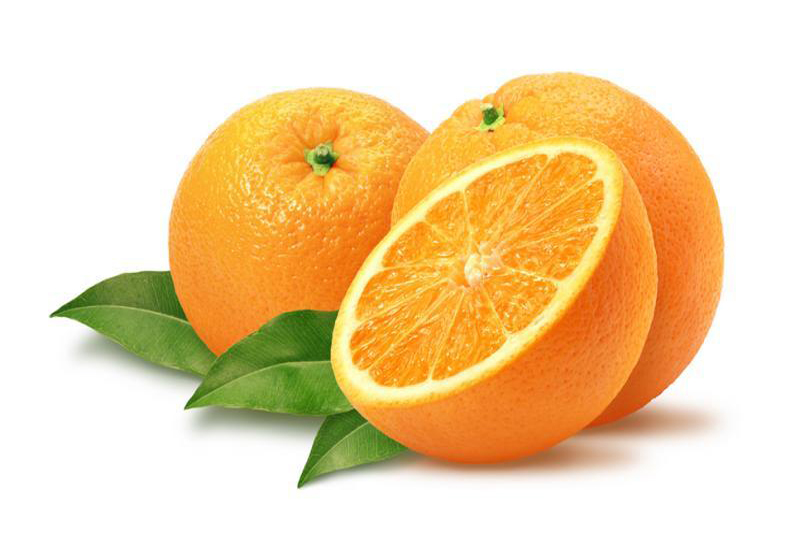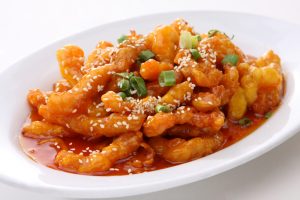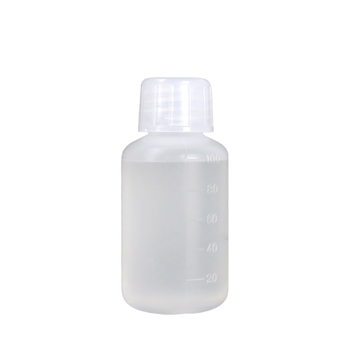Does anyone know if Sodium Saccharin E954 is gluten free? 
Yes, Sodium Saccharin E954 is gluten free and widely used in gluten free food used as a food sweetener in a wide variety of food and beverage applications. Sodium Saccharin Dihydrate is an artificial sweetener, in white crystalline powder form. Its molecular formula is C7H4NO3SNa • 2H2O. It is sweeter than conventional sugar. It is immediately sweet, though its flavor profile differs from conventional sugar and often works well with another sweetener.
Why is Sodium Saccharin E954 gluten free?
Gluten is a type of elastic grain protein that helps wheat, rye and barley hold their shape. Because of its glue-like properties, gluten is often added to other food products—pasta, sauces, crackers, baked goods—to thicken or bind those products together. Raw materials used in manufacturing of Saccharin Sodium E954 are coal tar; So The manufacturing process of Saccharin Sodium E954 is gluten free. So, Saccharin Sodium is gluten free.
What foods contain Sodium Saccharin E954?
Sodium Saccharin E954 is a white crystalline powder with a slight sweet smell. This product is widely used as a substitute for sugar in foods, beverages, soft drinks, table top sweeteners, baked goods, chewing gum, canned fruits, dessert toppings and dressings.
Why should you go Gluten free, Gluten free foods are good or not?
People with celiac disease or Gluten intolerance or sensitivity should intake gluen free foods. Nowadays more and more groceries and health food stores stock gluten-free products. That’s good for people with celiac disease, who for health reasons should not eat wheat with gluten. The market for gluten-free products is exploding. Many people may just perceive that a gluten-free diet is healthier.
Is it necessary for all people to eat gluten foods? In fact, it isn’t. For people with celiac disease, a gluten-free diet is essential. But for others, unless people are very careful, a gluten-free diet can lack vitamins, minerals, and fiber.
How to avoid Gluten ingredients?
Someone is strict adherence to a gluten-free diet for life. It requires knowledgeable nutritional counseling and frequent updates as commercial food contents change. must be alert to hidden sources of gluten such as HVP/HPP (hydrolyzed vegetable/plant protein). Today’s processed and packaged foods have many hidden sources of gluten, which can be unintentionally ingested. To be safe, a person should read ingredients on labels every time they purchase food as manufacturers frequently change ingredients.




